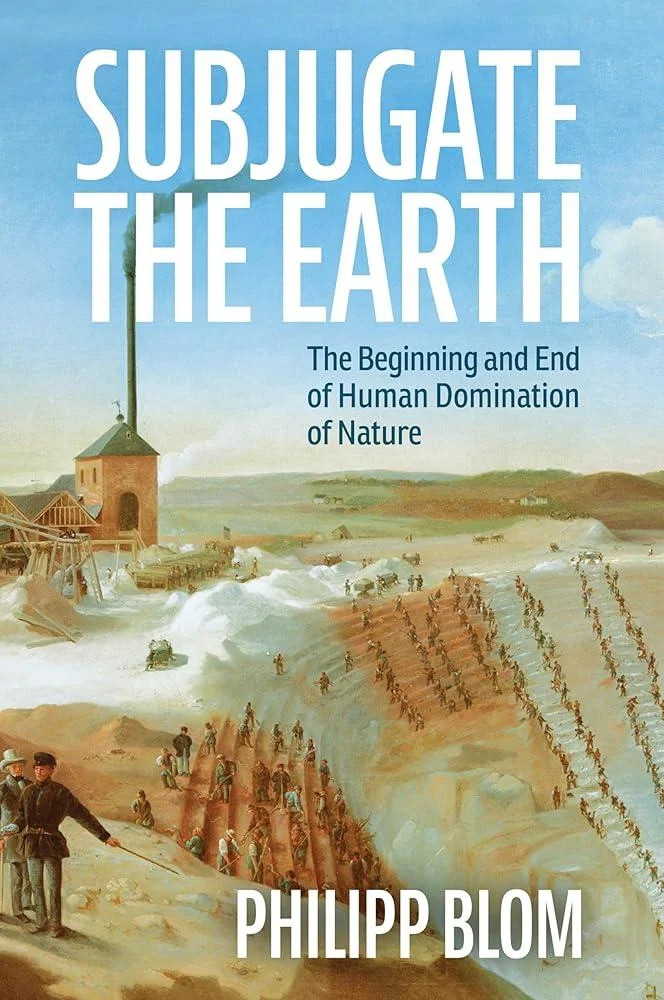
Subjugate the Earth : The Beginning and End of Human Domination of Nature
(Autor) Philipp BlomSubjugate the Earth traces the biography of a strange idea: the idea that human beings can subdue nature and rule over it, that humans are outside and above nature. Born in Mesopotamia at the dawn of civilisation, the idea of subjugating the Earth was included in the Bible, reached Europe through Christianity and spread to the entire world through colonialism. The Enlightenment gave a scientific appearance to the ambition of controlling nature but did not change the ambition itself. But every birth presages a death. Only with the climate crisis has it become apparent that the subjugation of nature must be a self-defeating ambition, because it alters and deregulates natural systems which humans depend on for their survival, precisely because they are part of nature. Subjugating the Earth is an idea that is dying around us. The polycrisis threatening to engulf humanity is inextricably linked to how humans see themselves and their relationship with nature. Based on developments in the natural sciences, a new understanding of this relationship looks not at individual phenomena but at systems, connections and entanglements between humans and other manifestations of nature. Is it possible to build a new understanding of humanity in nature by turning the traditional vision of free, rational individuals on its head and seeing humans as fascinating, irrational and system-dependent beings within the vast system of nature? Told through historical episodes, individual life stories, works of art, and scientific discoveries, Subjugate the Earth tells the story of the rise and fall of an idea that has shaped our world and weaves a rich tapestry that is as surprising as it is enriching.
Philipp Blom
Philipp Blom is a renowned historian and author, best known for his work "The Vertigo Years: Europe, 1900-1914." His writing blends meticulous research with engaging storytelling, providing readers with a vivid portrait of a tumultuous era. Blom's work sheds light on the cultural and intellectual movements of the early 20th century.





